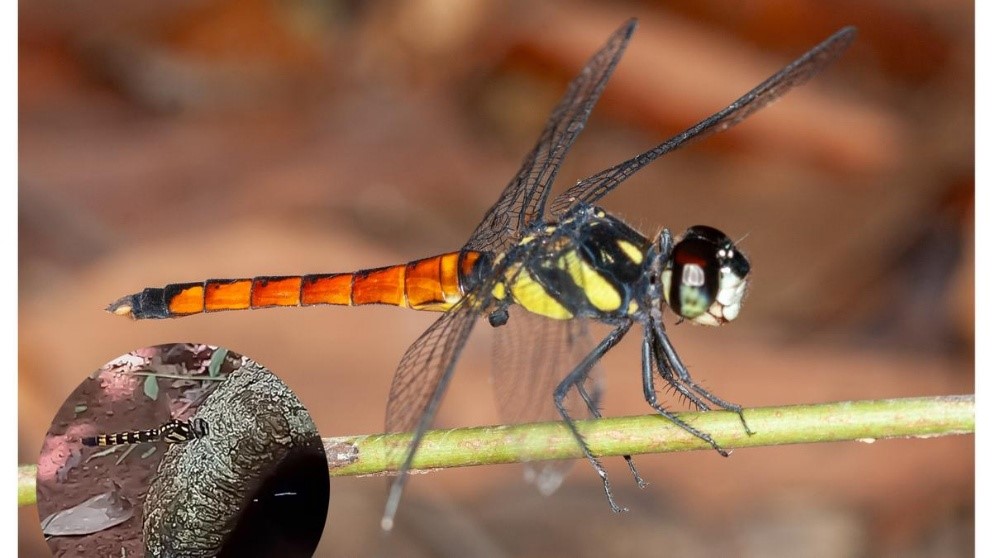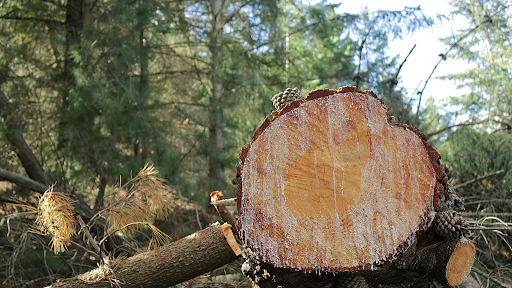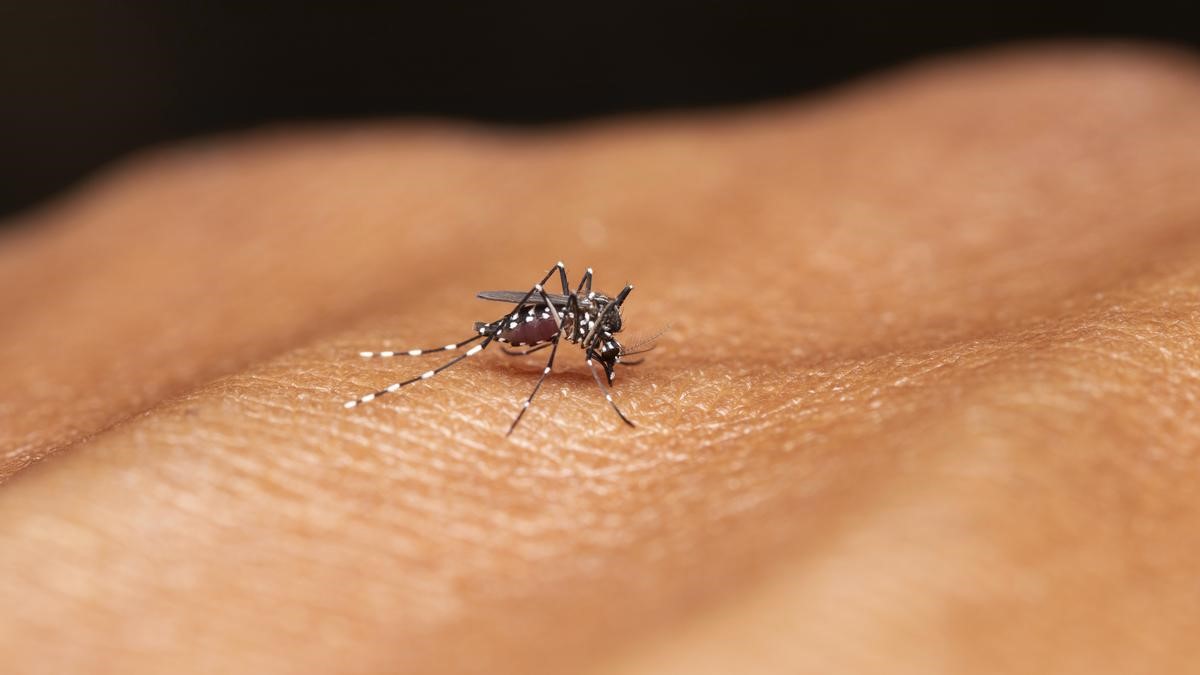



Lyriothemis abrahami is a newly discovered dragonfly species in Kerala that breeds in tree-hole water pools and exhibits strong sexual dimorphism. Found between 50–1,100 m in diverse forest types, it highlights Kerala’s rich odonate diversity and the ecological role of dragonflies as indicators of ecosystem health and insect population regulators.

Disclaimer: Copyright infringement not intended.
Lyriothemis abrahami, a new dragonfly species long misidentified as L. flava, has been officially documented after a decade of research by Indian scientists.
|
Aspect |
Details |
|
Discovered In |
Kerala, India |
|
Habitat |
Breeds in small water pools found in tree holes |
|
Key Features |
- Exhibits strong sexual dimorphism - Males: Uniquely shaped hamules - Females: Jet black bodies with yellow triangular spots |
|
Elevation Range |
Found in forests from 50 m to 1,100 m above sea level |
|
Forest Types |
Lowland rainforests, mid-elevation evergreen forests, and deciduous forests |
|
Biodiversity Significance |
Increased Kerala’s odonate species count to 191, including 78 endemic species |
|
Ecological Role of Dragonflies |
- Indicators of forest and freshwater ecosystem health - Apex insect predators - Regulate mosquito and pest populations, especially in urban and forest areas |
Source: The Hindu
|
PRACTICE QUESTION Q. Lyriothemis abrahami, recently discovered in Kerala, is: A) A rare amphibian found in the Western Ghats B) A freshwater fish species endemic to Kerala rivers C) A dragonfly species that breeds in tree holes D) A butterfly species found in alpine meadows Answer: C Explanation: Lyriothemis abrahami is a newly discovered dragonfly species in Kerala that breeds in tree-hole water pools and exhibits strong sexual dimorphism. Found between 50–1,100 m in diverse forest types, it highlights Kerala’s rich odonate diversity and the ecological role of dragonflies as indicators of ecosystem health and insect population regulators. |







© 2026 iasgyan. All right reserved